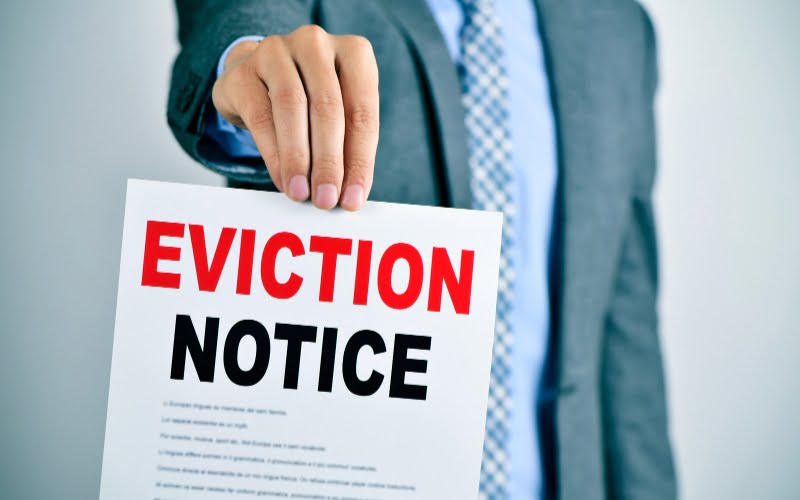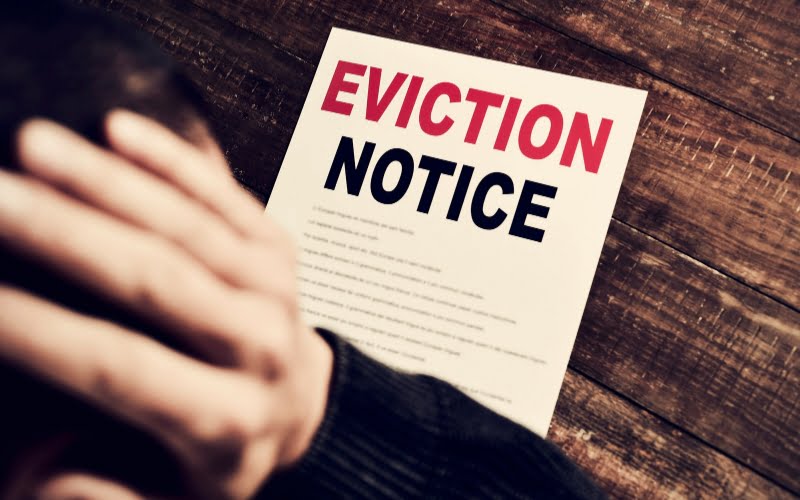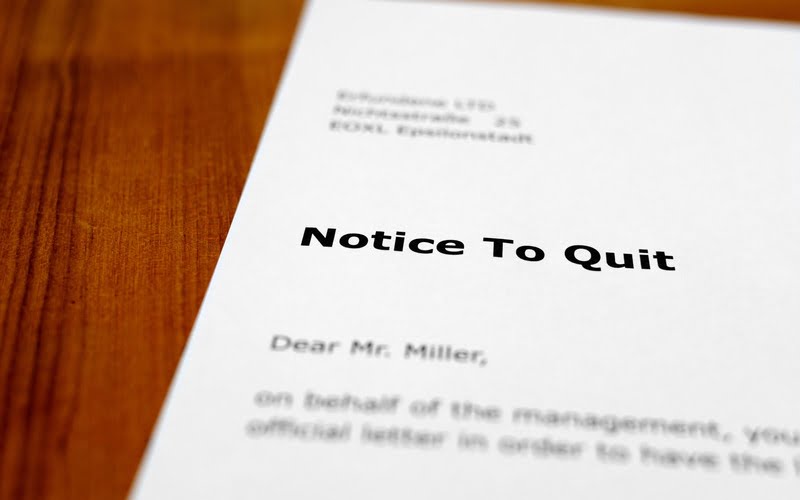Last Updated on March 18, 2024 by Kelvin Nielsen
Is your landlord trying to evict you from your rented premises? If so, you’re at the right place. In today’s blog, you’ll learn tried-and-tested tips on how to win an eviction case in California!
California law (CA Civil Code 1940-1954.06) grants landlords the right to evict tenants for a variety of reasons. Including, for failing to pay rent, violating a term of the lease, or causing damage exceeding normal wear and tear.
That said, there are a few things that you may be able to do to stop, delay, fight, or win an eviction case in California.
How to Win An Eviction Case In California
1. Understand the reason for the eviction.
Before taking any action, first know why your landlord is looking to evict you from the property. Is it because you are late on paying rent? Maybe you could have violated a term of the lease, such as subletting the unit illegally. Or perhaps, you have overstayed the term of the lease. The reasons could be many!
Regardless, the landlord must have a legitimate reason to evict you from the property. They cannot just wake up one day and decide they no longer want you around.
To know why the landlord is evicting you, check the details of the eviction notice. In California, a landlord can serve you any of the following eviction notices depending on the specific reason for the eviction.
For nonpayment of rent, the landlord must serve you a 3-Day Notice to Quit. If you don’t have a lease or are on a month-to-month lease, the landlord must serve you a 30-Day Notice to Vacate. For evictions involving lease violation, the landlord must serve you a 3-Day Notice to Perform Covenants or Vacate. For engaging in illegal activity, the landlord must serve you a 3-Day Notice to Vacate.
2. Talk to the landlord.
Once you know the reason for the eviction, consider talking to the landlord. And understandably so, an eviction process doesn’t come cheap. It can be an expensive undertaking both financially and emotionally. Not to mention being a time sink.
As such, consider talking to the landlord to try and reach an agreement without going through the judicial system. Your landlord may be able to stop the eviction process if you agree to their terms, such as paying the overdue rent or stopping further lease violations.
If you reach an agreement, make sure to have it in writing as well as signed and dated by both of you.
3. Comply with the eviction notice.
If the eviction is due to nonpayment of rent, for instance, then paying the late rent will automatically stop the eviction. The 3-Day Notice to Quit will give you 3 judicial days (not including weekends and legal holidays) to pay the balance due or vacate the premises.
So, if you’re able to pay the balance within the 3 days, the notice will automatically become null and void. (Cal. Code of Civ. Proc. § 1161).
If you aren’t able to pay the rent within the 3 days, try pleading with the landlord to allow you more time. For instance, if you’re not able to pay the rent within the 3 days, you could plead with them to allow you an extra day or two to clear the balance.
And again, if you reach any agreement, have it in writing, dated, and signed by both you and the landlord.
4. File a motion to quash unlawful detainer.
In California, you may be able to file a Motion to Quash Service if the landlord serves the Summons and Complaint improperly.
Basically, a summons and complaint tells you that the landlord has filed an eviction lawsuit against you.
Now, a motion to quash unlawful detainer can help you challenge the validity of the eviction lawsuit. Generally speaking, there are two main grounds that a tenant can use to quash an unlawful detainer in California.
The first ground is if the summons is defective. For instance, if the landlord doesn’t serve it properly. The other ground is if the landlord files it in a court that doesn’t have jurisdiction to hear the case.
5. File an answer to delay or stop the eviction.
Once you have received the summons and complaint, you’ll have a chance to respond. You must file the answer within 5 business days, giving reasons why you shouldn’t be evicted from the property.
The following are some of the legal defenses you can give.
- The eviction notice didn’t follow the law. For instance, it wasn’t in writing, was served improperly, or didn’t state the effective date of eviction.
- You withheld rent payments because the property wasn’t habitable. California landlords are required to maintain rental premises to habitable standards. If it doesn’t have proper locks, running water, or has no heat, you can withhold rent payments until the landlord makes the repairs. You can read more here.
- The eviction is in retaliation to exercising a legal right, such as reporting the landlord to the local health agency for habitability violations.
- The landlord is discriminating against you due to your race, color, nationality, or sex.
- You did what the eviction notice required. For example, paid the due rent within the 3 days.
- The Tenant Protection Act applies to your situation. The act basically requires a landlord to have a “just cause” for an eviction. You can read more here.
- The eviction process was illegal. You may also be able to win an eviction case in California if the eviction process is found to have been illegal. A landlord must not try to shut off utilities, lock a tenant out, or remove a tenant’s belongings.
6. Delay eviction from the property.
If you are not able to stop the eviction, you may be able to buy a bit more time by delaying your removal. However, please note that this would only be a temporary solution.
One option you can use to delay an eviction in California is to file for bankruptcy. This may have other negative consequences, though. Also, it isn’t guaranteed to work.
Another option would be to request a stay of execution. You can file a stay of execution if you have a really good reason not to vacate the property within the required timeframe. Such as, if you have a medical condition or are waiting for housing assistance.
Conclusion
There you have it – how to stop, fight, delay, or win an eviction case in California. That’s why it’s important to familiarize yourself with renters’ rights in California. This way, you’ll know what your landlord can and can’t do during an eviction.
Disclosure: The content herein isn’t a substitute for advice from a professional attorney. It’s only meant to serve educational purposes. If you have a specific question, kindly seek expert attorney services.
Source: California Landlord & Tenant Act, CA Civil Code 1940-1954.06, Illegal Eviction Procedures, Eviction Notices,

Hi, I’m Kelvin Nielsen, an experienced landlord and accomplished real estate lawyer. My focus is on answering your questions about renting in the hopes of making your life as a renter or a landlord a bit easier.







